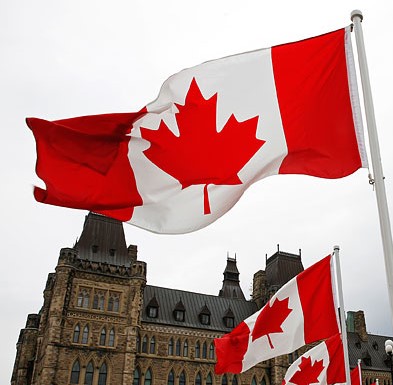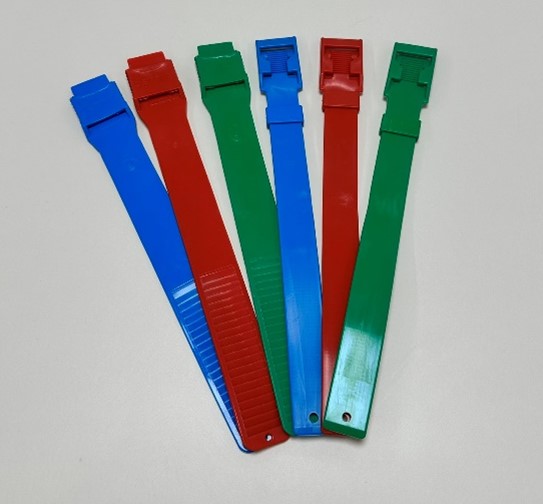Canada imposed sanctions against three courts of Moscow

Canada has imposed sanctions against the Basmanny, Khamovnichesky courts and the Moscow City Court, according to the government website. Ottawa explained the decision as a violation of human rights in Russia.
15 citizens also fell under the restrictions:
First Deputy Chairman of the Investigative Committee of Russia Eduard Kaburneev; deputy head of the Investigative Committee Sergey Goryainov and Elena Leonenko; Denis Kolesnikov (in February 2021, President Vladimir Putin appointed him head of the Main Investigation Department of the Investigative Committee; investigators from this department specialize in investigating high-profile cases); official representative of the UK Svetlana Petrenko; judges of the Khamovniki Court of Moscow Konstantin Pokhilko and Ekaterina Pakhomova; First Deputy Minister of Justice Yevhen Zabarchuk; judges of the Moscow City Court Vitaly Belitsky, Svetlana Aleksandrova and Ekaterina Dorokhin; prosecutor of the Prosecutor General's Office Boris Loktionov; Deputy Directors of the Federal Penitentiary Service Alexander Matveenko and Alexei Girichev.The sanctions are related to the criminal prosecution of politicians Vladimir Kara-Murza (recognized as a foreign agent) and Alexei Navalny. Kara-Murza was sentenced by the Moscow City Court to 25 years on charges of treason, participation in the activities of an undesirable organization and fakes about the army. Navalny was sentenced by the same court to 19 years in prison in a case of extremism. The oppositionist was also banned from publishing messages on the Web for ten years.
Navalny has been in prison since February 2021, after his suspended sentence in the Yves Rocher case was replaced with a real one. He was supposed to be released this summer, but in June 2022 a new sentence came into force - in the case of fraud. According to him, the politician was sentenced to another nine years in a strict regime colony.
The new case against him is connected with the Anti-Corruption Foundation founded by him (recognized as a foreign agent and an extremist organization, activities are prohibited in Russia). According to the investigation, the FBK was founded "with the aim of carrying out extremist activities aimed at changing the foundations of the constitutional order in the Russian Federation, undermining public security and state integrity of the Russian Federation."
Navalny, commenting on the new verdict, said that "the figure does not matter." “I understand very well that, like many political prisoners, I am serving a life sentence. Where life is measured by the duration of my life or the life of this regime,” he said. The oppositionist denies the accusations, and calls the case against him a political one.
Kara-Murza was sentenced to 25 years in a strict regime colony on charges of treason and fakes about the army. The politician pleaded not guilty and connected his persecution with political motives. In his last speech, he said that "such is the price for silence in Russia now." In July, an appeals court upheld the lower court's decision.
























































